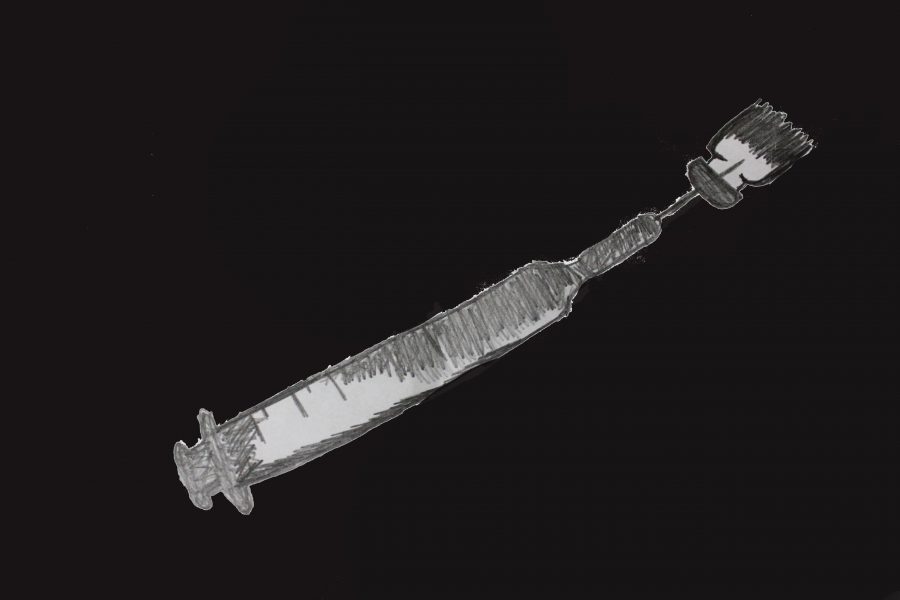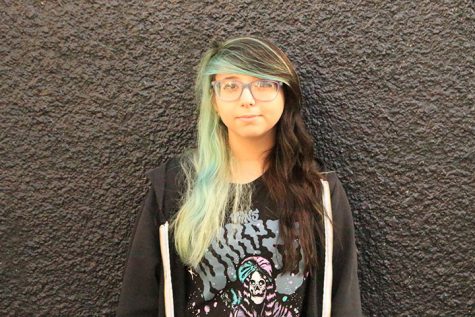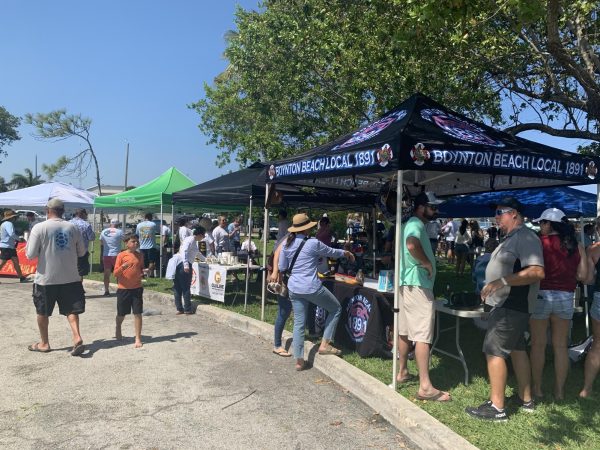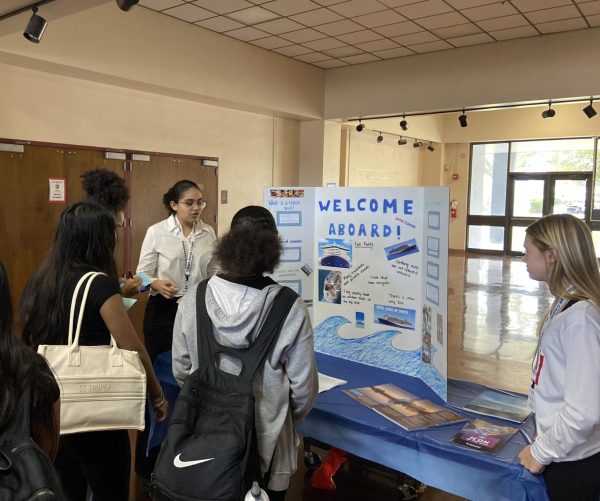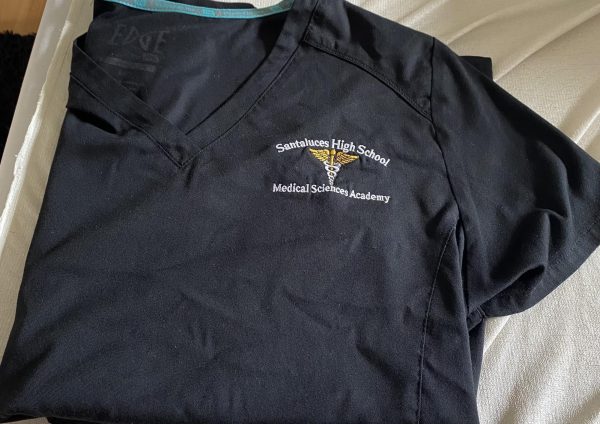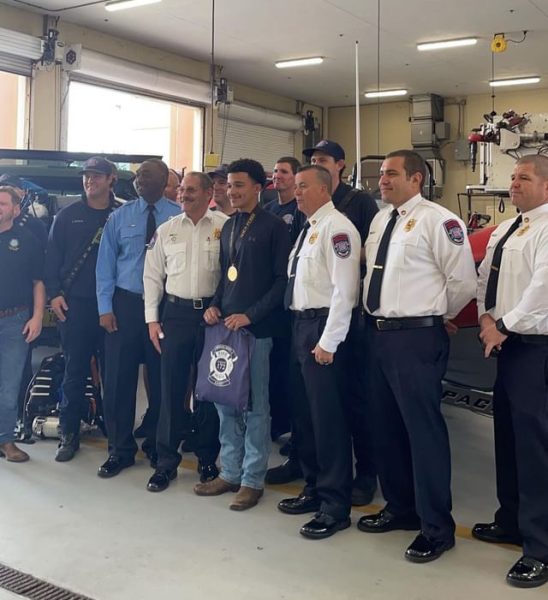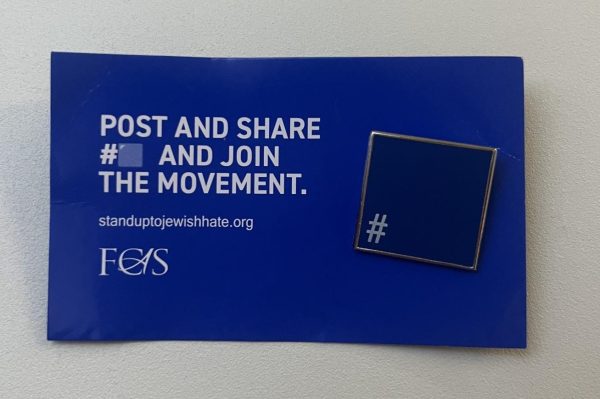All About the HPV Vaccination
Illustrated by Jessa Lopez.
September 29, 2016
Gardasil the HPV vaccine was approved for use in the U.S. in June of 2006. Human papillomavirus infection, also known as HPV is a type of sexual transmitted infection, or STI. The CDC claims that HPV is the most common STI in the U.S, and all boys and girls from ages 11-12 should be vaccinated. The vaccination is given in a set of three shots that are administered months apart. HPV, like some other STI’s, don’t take affect as soon as it’s obtained. It can take years for someone infected to see symptoms of HPV. Most commonly, symptoms of HPV are warts and itching.
The CDC also claims that most cases of HPV tend to go away “on its own”. However, studies have shown that HPV can be linked to a few different types of cancer, such as cervical cancer. HPV is also linked to oropharyngeal cancer, which is cancer in the back of the throat that includes tonsils and the base of the tongue.
Many people fear that giving their child Gardasil is unsafe, thinking that HPV will clear up by itself and the vaccine only protects against a few strains of HPV. Some people believe vaccinating their children will cause the child to develop autism, or other developmental disorders. Some parents don’t think the vaccination is necessary because it only protects against a few of the hundreds of different strains of the actual virus. Others believe that their children should not be, or are not being exposed to situations in which they could contract the STI.
When asked about the HPV vaccine, Dr. Robert Sussman, a obstetrician-gynecologist said ” We recommend that everyone eligible gets the vaccine because it protects against cervical cancer, which is pretty impressive.” Dr. Sussman also said that he was “unaware of anyone that should not get the vaccine” and that if a person that was already affected with HPV got the vaccine, it would be less effective. Dr. Sussman mentioned that, “the vaccine just doesn’t work sometimes.” and that it could wear off.
Many doctors find the HPV vaccine to be important. However, parents do not always agree. All in all, the decision to get vaccinated is something you, your physician, and your parents should discuss and decide on.

